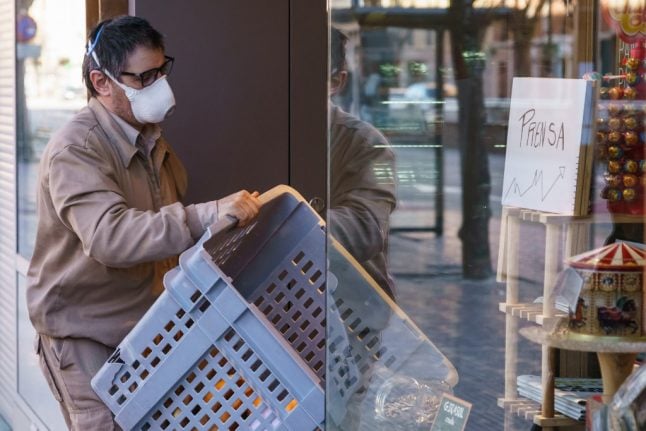The new figures raise Spain's number of coronavirus infections to 7,753 — and its death toll to 288– after the government imposed a near-total nationwide lockdown, banning people from leaving home except to go to work, get medical care or buy food.
Prime Minister Pedro Sanchez announced the restrictions on movement on Saturday as part of a 15-day state of alert officially declared by his government.
All stores except for pharmacies and supermarkets will close nationwide.
Spaniards may leave home to go to work, “buy bread”, go to the pharmacy and get medical care but “not to go have diner at a friend's house”, Sanchez said.
El Pais have reported that people could be fined 100 euros, and even sentenced to a year in prison if they “seriously resist or disobey the authorities or their agents in the exercise of their functions.”



 Please whitelist us to continue reading.
Please whitelist us to continue reading.
Member comments